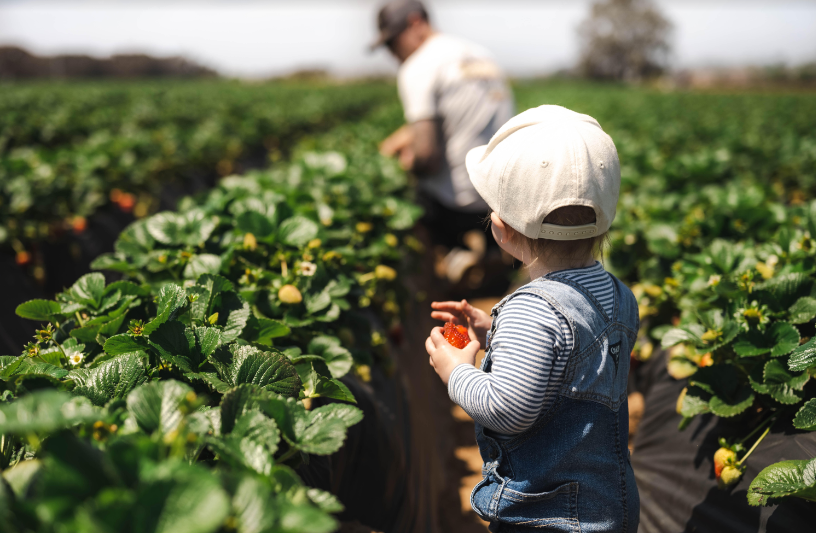In the fast-paced, technology-driven world we live in, the timeless wisdom of farming and self-sustainability remains an invaluable treasure. For those like my family who are fortunate enough to own a homestead like “Farm to Table Living,” the joys of cultivating the land and providing for the family can be profound.
For starters, farming allows individuals to reconnect with the land and tap into its vast potential. Daily engaging with nature not only provides fresh, organic food, but it also promotes physical exercise, mental well-being, and a deeper understanding of the environment.
Farming also enables us to learn to provide for ourselves, an essential and empowering skill. It cultivates self-sufficiency as we learn to grow our own food, raise livestock, and harness renewable resources.
Modern farming techniques often rely heavily on chemicals, monocropping, and other unsustainable practices that harm the environment and our health. By contrast, the homesteading practiced at places such as “Farm to Table Living” emphasizes organic farming, crop rotation, and soil conservation techniques, promoting a healthy ecosystem.
Perhaps most importantly, farming provides a unique educational platform where our children and grandchildren can learn a multitude of life lessons. Children have an innate curiosity and a thirst for knowledge, making them excellent learners and absorbers of new experiences.
Patience, responsibility, and the importance of hard work are just a few of the virtues instilled through farming, as well as confidence and resilience. Children also learn the cycle of life and death and the interconnectedness of living things, gaining respect and appreciation for the Earth and an understanding of responsible stewardship.
When we pass such farming knowledge along to our children, we also create opportunities for multigenerational bonding and shared memories, working together and sharing time, recipes, and stories. These shared experiences foster a deep sense of belonging, creating long-lasting memories which will likely be cherished by future generations. They also ensure that our cultural legacy is not lost.
Children who learn about farming and self-sustainability at an early age develop a sense of accomplishment, experiencing the fruits of their labor as they contribute to planting, nurturing, and harvesting. This hands-on experience also builds resilience and encourages problem-solving skills as children encounter challenges and learn to adapt their strategies, setting a solid foundation for their future endeavors.
Moreover, learning about farming and self-sustainability at a young age instills a deep connection to the food children consume. As they become more conscious of the sources of their nourishment, appreciating the effort and care that goes into producing wholesome, organic food, this awareness can translate into healthier eating habits. They will naturally develop a preference for fresh, homegrown produce over processed and packaged alternatives, fostering a lifelong commitment to healthy living.
Embracing the value and joy of farming is an investment in our future and our health. And the legacy of those who pursue a similar “Farm to Table Living” path extends beyond the homestead, creating a ripple effect promoting sustainable living for generations to come.
Ashley Carter is a wife, mother, and grandmother living in Elmore County, where she and her husband run Farm to Table Living and Carter Farms. Ashley serves as Controller and Executive Assistant at 1819 News. She is currently working on an inspirational book of short stories. To connect with the author of this story or to comment, email ashley.carter@1819news.com.
Don't miss out! Subscribe to our newsletter and get our top stories every weekday morning.










